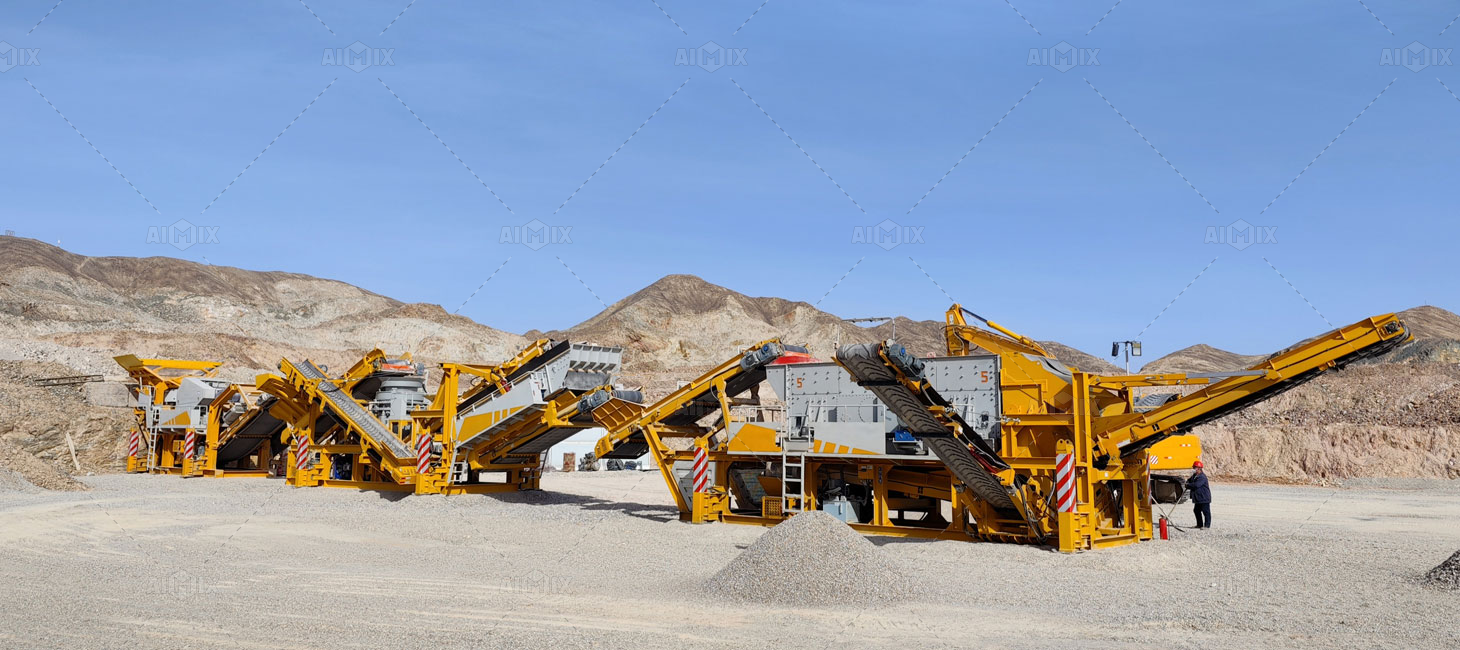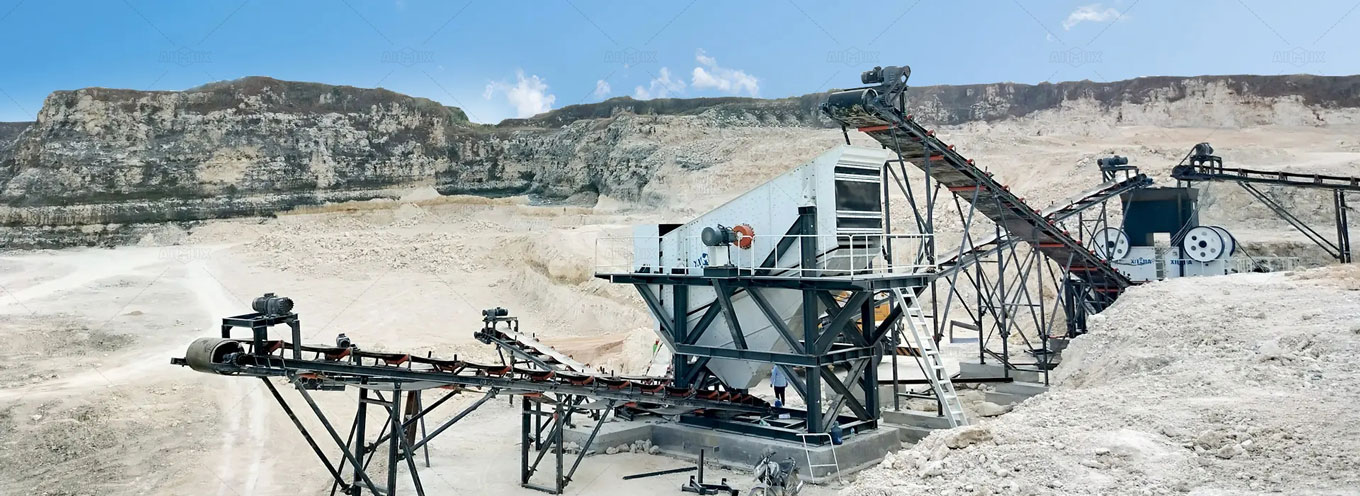The evolution of quarry operations has reached an inflection point where mobility no longer signifies compromise. Modern mobile quarry crushers represent the zenith of engineering ingenuity, combining formidable crushing power with unprecedented logistical flexibility. These self-propelled behemoths now rival their stationary counterparts in throughput capacity while offering a decisive advantage: the ability to bring crushing operations directly to the rock face, eliminating countless hours of material transport and rehandling.
This paradigm shift transcends mere convenience. In an industry where fuel costs constitute up to 40% of operational expenditure and environmental regulations grow increasingly stringent, mobile crushing plants offer both economic and ecological advantages. Their capacity to process material on-site reduces truck traffic by up to 70%, simultaneously lowering carbon emissions and community impact. The sophistication of these machines—from intelligent hydraulic systems to automated process controls—has redefined what’s possible in temporary quarries, remote job sites, and complex urban demolition projects.

Engineering Marvels: The Anatomy of Mobile Crushing Superiority
Chassis and Mobility Systems
Unlike conventional equipment, mobile crushers integrate crushing machinery and mobility into a single cohesive unit. Heavy-duty tracked undercarriages provide exceptional ground pressure distribution, enabling operation on gradients up to 30 degrees and across unstable terrain that would immobilize wheeled vehicles. These crawler systems incorporate hydraulic retraction mechanisms for transport width reduction and feature automatic tensioning to prevent track derailment during extreme crushing operations.
Power Plant Integration
Modern units employ hybrid power systems that combine diesel mechanical drives with electric hydraulic systems. This configuration allows portable crushers to draw power from external sources when available—reducing fuel consumption by 35% and noise pollution by 50%—while maintaining full operational autonomy through onboard generators when needed. The latest Tier 4 Final engines incorporate selective catalytic reduction technology, achieving emission levels previously unimaginable for equipment of this magnitude.
Crushing Technology Adaptations
Engineering mobile crushing solutions requires reimagining traditional crushing principles. Jaw crushers feature hydraulic setting adjustment that can be modified during operation, allowing operators to compensate for changing rock hardness without stopping production. Cone crushers incorporate advanced crushing chambers with variable geometry, optimizing particle shape for specific applications from road base to railway ballast. The most sophisticated units employ impact crushers with adjustable rotor speed and impact apron configurations, creating precisely controlled fragmentation patterns.

Material Flow Optimization
Intelligent material flow design separates mobile crushers from simply mounting stationary equipment on wheels. Radial stackers with hydraulic folding capabilities provide discharge heights exceeding 12 meters while maintaining transport widths under 3.5 meters. Integrated pre-screening modules remove fines before crushing, reducing wear and increasing capacity by up to 30%. Advanced control systems automatically regulate feed rates based on rock crusher machine load, preventing choke feeding and optimizing energy consumption.
Operational Versatility: Applications Beyond Conventional Quarrying
Multi-Site Contract Crushing
Mobile crushers have created an entirely new business model: contract crushing services that move between multiple quarries. This approach allows smaller operators to access crushing technology that would otherwise require capital investments exceeding $2 million. A single mobile unit can service three to four different sites annually, maximizing equipment utilization while providing quarry owners with professional crushing without equipment ownership burdens.
Urban Recycling and Demolition
The compact footprints and dust suppression systems of modern mobile crushers make them ideal for urban environments. They can process concrete and asphalt rubble directly at demolition sites, creating recycled aggregate for new construction while avoiding landfill costs exceeding $150 per ton. Noise-reduced models operating at below 85 dB(A) meet strict municipal noise ordinances, enabling round-the-clock operation in sensitive areas.
Economic Calculus: Calculating Mobile Crusher ROI
Transport Efficiency Metrics
The traditional quarry model requires transporting raw material to stationary plants via dump trucks costing $250-$400 per hour to operate. A mobile crusher eliminates 70-90% of these transport cycles, creating savings of $150,000-$300,000 annually for medium-sized operations. Additionally, on-site processing reduces road maintenance costs and extends the operational life of haul vehicles.
Flexibility Premium Valuation
Mobile crushers provide operational flexibility that transcends simple accounting. The ability to follow diminishing reserves within a quarry eliminates the need for intermediate stockpiles and secondary handling—processes that typically account for 25% of total production costs. This flexibility becomes particularly valuable in complex geological formations where rock quality varies significantly across short distances.
Lifecycle Cost Analysis
While mobile crushers command 20-30% premium over stationary crusher plant equipment initially, their total cost of ownership often proves lower over a 7-year lifecycle. Reduced installation costs ($150,000-$300,000 saved in foundations and infrastructure), higher utilization rates, and residual values 40% higher than stationary plants contribute to this economic advantage. The ability to redeploy equipment to new reserves as old ones deplete further enhances long-term financial returns.
The mobile crushing revolution represents more than mechanical innovation—it signifies a fundamental rethinking of quarry economics. These machines have transformed crushing from a fixed infrastructure investment into a flexible production tool that follows the resource rather than forcing the resource to come to it. As technology advances with hybrid power systems, autonomous operation, and real-time performance optimization, mobile crushers will continue to redefine the boundaries of efficient mineral processing.
